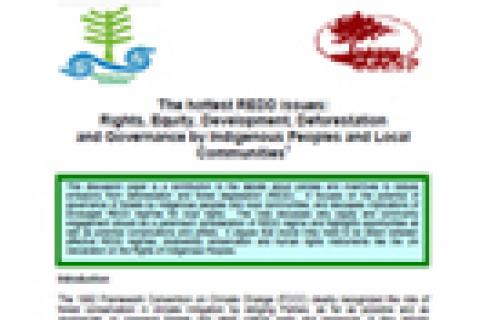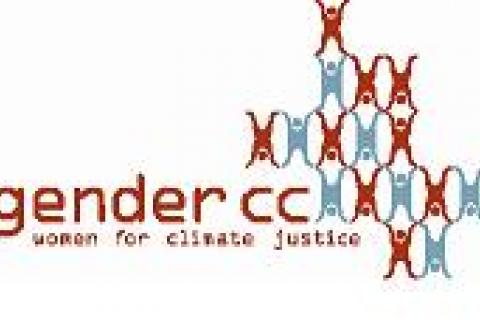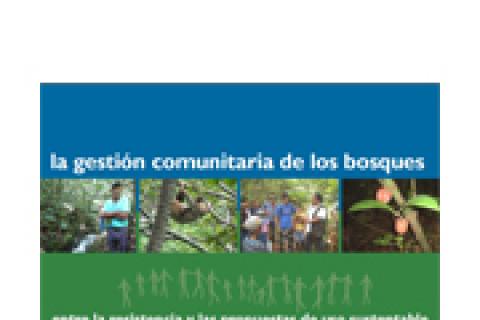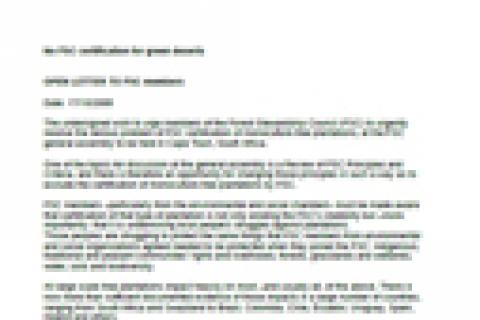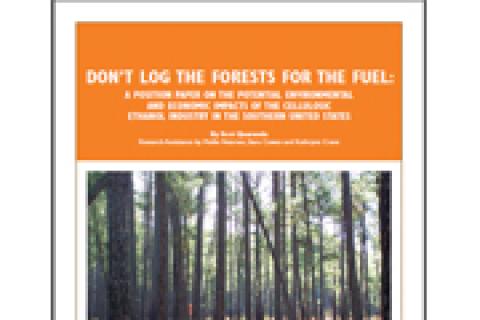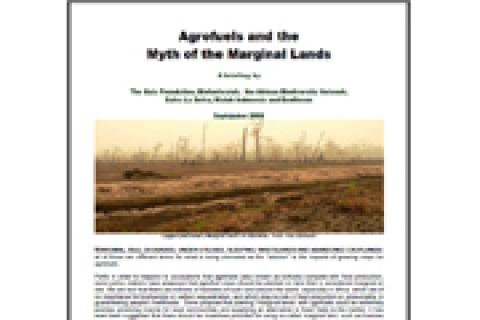Prepared by the Task Force on Communities and REDD of the Commission on Environmental, Economic and Social Policy of IUCN in collaboration with the Global Forest Coalition. It is based on some of the best analysis produced by CEESP members on REDD, rights and equity, and the importance of Indigenous Territories and Community Conserved Areas (ICCAs), and the GFC Life as Commerce report.
Other information
Poznan, December 6. GenderCC, a worldwide network whose main objective is to integrate gender justice in climate change policy at local, national and international levels, has submitted today to the Secretariat of the UNFCC and is distributing to the delegates, the following document containing the main points the network believes should be taken into account in the Assembly document.
Only available in Spanish. Por Amigos de la Tierra, 2008
As a contribution for facilitating the involvement of civil society in the protection of the Earth’s climate, the WRM has recently published four briefings related to climate change:
From Green Ideals to REDD money. A brief history of schemes to save forests for their carbon.
November 2008, 6 pages. A short overview of latest developments with some basic conclusions and recommendations
An overview of selected REDD proposals.
In defence of Human Rights, Food Sovereignty, Biodiversity and Climate Justice
Ironically, on 16 October 2008, World Food and Food Sovereignty Day, a meeting will start in Cartagena (Colombia) to promote monoculture oil palm plantations, that are precisely the cause of so many violations of the Right to Food and contrary to food sovereignty insofar as they undermine the peoples’ right to produce their own food according to their territorial conditions and their food culture.
Agrofuels have been presented as the solution to the climate crisis and as a "clean" alternative to fossil fuels. But in reality they are neither "green" nor environmentally friendly, no matter how international financial institutions (such as the World Bank and the Inter-American Development Bank, among others) and transnational corporations would like to promote them.
The US-based Newmont Mining Corporation, one of the world's largest producers of gold, has plans to place an open pit gold mine in the Ajenjua Bepo Forest Reserve in the Birim North District in the Eastern region of Ghana.
The organization No Dirty Gold informs that the projected mine would occupy an area 1.65 miles long (2.6 km) and a half mile across (0.8 km), and would create waste piles 60-100 m high. The mine would destroy an estimated 183 acres (74 ha) of forest in the reserve.
In yet another incident, the tribal and dalit women of village Harna Kachar, Sonbhadra district of Uttar Pradesh, had to bear the brunt of atrocities by the Police and the Forest Department.
The organization Maderas del Pueblo del Sureste, A.C. reported in a recently issued communiqué that on 3 October, a brutal police operation took place, violating the most basic human, individual and collective rights, involving the federal and state police, against the indigenous and peasant Tojolabal inhabitants of the Miguel Hidalgo community, Municipality of Trinitaria, Chaipas. Since 7 September, this community had been managing the Maya archaeological and ceremonial site of Chinkultic.
A Position Paper on the Potential Environmental and Economic Impacts of the Cellulosic Ethanol Industry in the Southern United States.
By Scot Quaranda Research Assistance by Mollie Petersen, Siara Cowan and Kathryne Crane
Download full report as pdf
A briefing by The Gaia Foundation, Biofuelwatch, the African Biodiversity Network, Salva La Selva, Watch Indonesia and EcoNexus, September 2008
Download as pdf
